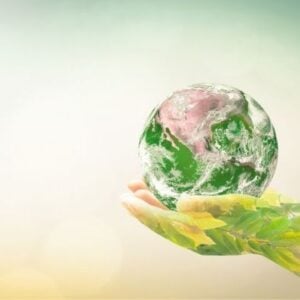The “Enabling Economic Independence for the Specially Abled Person” project has officially launched in Sierra Leone, representing a collaborative initiative between the Government of Sierra Leone, the Government of India, and the United Nations Development Programme (UNDP). This project focuses on promoting the rights, dignity, and economic empowerment of persons with disabilities (PWDs) through practical and inclusive development strategies.
Persons with disabilities in Sierra Leone face multiple systemic challenges, including limited access to education, employment, healthcare, and public infrastructure. According to the 2021 Population and Housing Census, about 9.3% of the population lives with a disability. A 2025 youth status study revealed that 63% of young people with disabilities, particularly young mothers, depend on charitable support for basic needs. The situation is even more severe for women and girls with disabilities, who face additional layers of discrimination and exclusion.
This new initiative offers a sustainable pathway to economic self-reliance for persons with disabilities. Through South-South Cooperation and financial backing from the Government of India, the project will deliver marketable skills training, inclusive education, livelihood centres, and access to financial services and markets. The goal is to build capacity and independence—not provide short-term aid, but to invest in long-term human development.
Over the years, UNDP has supported numerous disability inclusion programs in Sierra Leone. These efforts include providing stipends and essential supplies during the COVID-19 pandemic, distributing Braille and sign language health materials, and setting up skills training centers for persons with disabilities. UNDP has also played a key role in shaping inclusive policy frameworks, such as contributing to the review of the Persons with Disability Act (2011) and supporting the Disability Development Fund, which enhances economic opportunities for the disabled community.
Additional milestones include the creation of a training manual on disability rights, which is being used to educate lawmakers, government agencies, health providers, OPD leaders, and justice sector stakeholders. These efforts are all part of UNDP’s broader commitment to inclusive, resilient development and the global Sustainable Development Goals (SDGs).
The launch of this project is a strategic call to action, emphasizing that inclusion is a matter of justice and human rights, not charity. It reaffirms the importance of ensuring persons with disabilities are not only beneficiaries but also active agents in shaping development outcomes.
The continued support from the Government of India and the Ministry of Social Welfare, in partnership with UNDP, sets a strong foundation for long-term progress. Stakeholders across government, civil society, development agencies, and disability rights organizations are urged to collaborate and uphold the shared commitment to leave no one behind.







